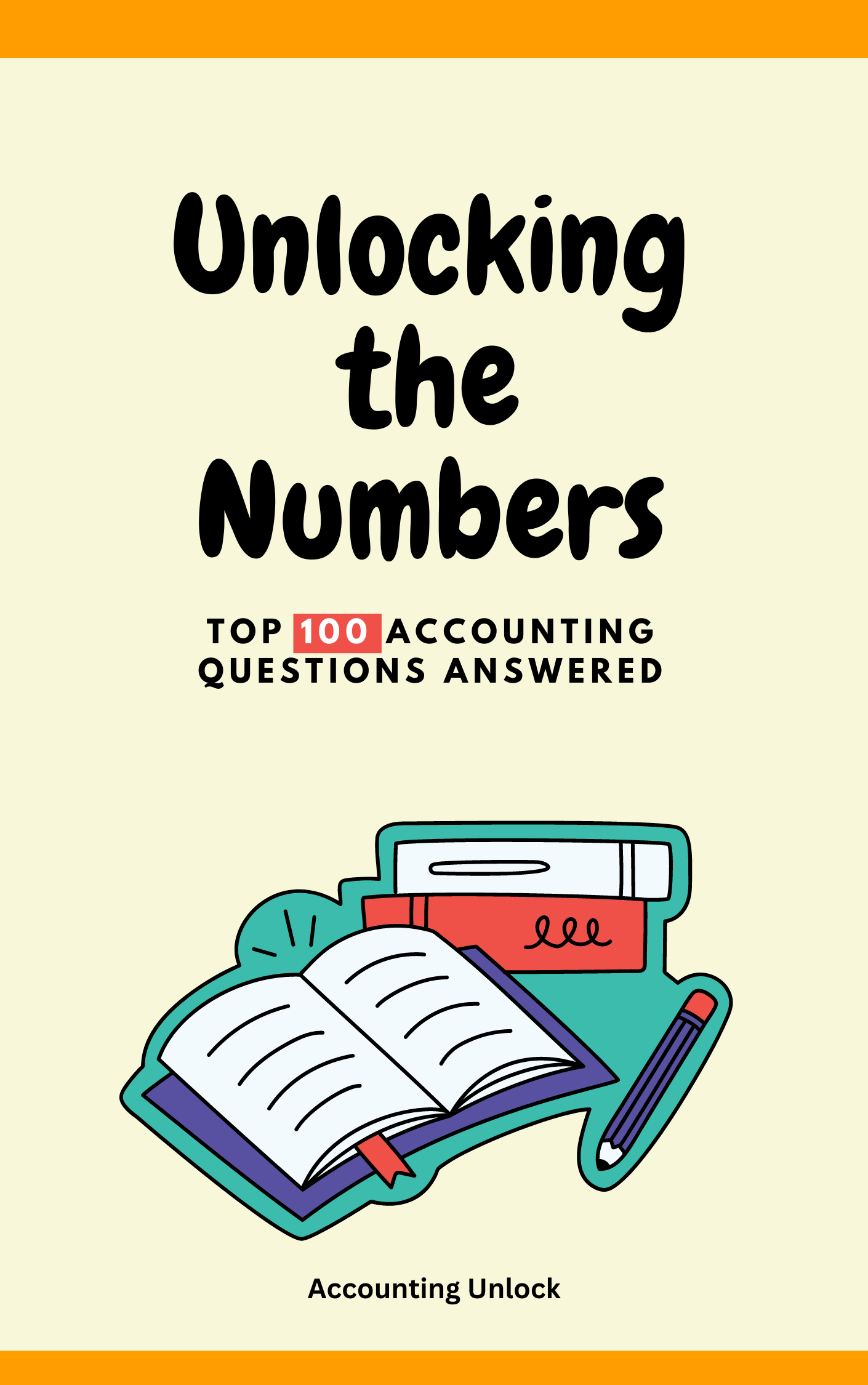What is a Dealer?
A dealer is someone who buys and sells goods or securities for their own account, rather than acting as an agent for someone else. For example, if you go to a car dealership to buy a car, the dealer is the person who owns the car and sells it to you. They are not working for the car manufacturer or another customer. They are making a profit by buying the car at a lower price and selling it at a higher price.
A dealer is different from a broker, who is someone who acts as an intermediary between buyers and sellers, and earns a commission or a fee for their service. For example, if you want to buy some shares of a company, you can hire a broker to find a seller and execute the trade for you. The broker does not own the shares or take any risk. They are just facilitating the transaction and charging you a fee.
Why Do Dealers Exist?
Dealers exist for various reasons, such as:
- To provide liquidity and efficiency in the market. Dealers buy and sell goods or securities frequently, and often hold a large inventory of them. This makes it easier for buyers and sellers to find each other and trade at a fair price. Dealers also reduce the time and cost of transactions, by eliminating the need for brokers or intermediaries.
- To make a profit from price fluctuations. Dealers can take advantage of changes in supply and demand, and buy low and sell high. Dealers also use various strategies, such as hedging, arbitrage, or speculation, to reduce their risk and increase their return.
- To offer specialized services or products. Dealers can cater to specific needs or preferences of customers, by offering customized or niche goods or securities. Dealers can also provide additional services, such as financing, warranty, or advice, to enhance customer satisfaction and loyalty.
How Does a Dealer Work?
A dealer works as follows:
- The dealer acquires goods or securities from a supplier or a market, either by paying cash or using credit. The dealer records the purchase as an asset in their accounting books, and pays any taxes or fees associated with the purchase.
- The dealer holds the goods or securities in their inventory, until they find a buyer. The dealer may also adjust the price or the quantity of the goods or securities, depending on the market conditions and the demand. The dealer records any changes in the value of the goods or securities as gains or losses in their income statement, and pays any interest or expenses related to the holding.
- The dealer sells the goods or securities to a buyer, either by receiving cash or using credit. The dealer records the sale as a revenue in their income statement, and deducts the cost of the goods or securities sold as an expense. The dealer also pays any taxes or fees associated with the sale, and transfers the ownership and the risk of the goods or securities to the buyer.
Examples of Dealers
Some examples of dealers in different industries are:
- Car dealers: They buy cars from manufacturers or wholesalers, and sell them to customers. They may also offer financing, leasing, insurance, or maintenance services to customers.
- Art dealers: They buy artworks from artists, collectors, or auctions, and sell them to customers. They may also offer appraisal, authentication, or restoration services to customers.
- Stock dealers: They buy and sell stocks or shares of companies, either on an exchange or over-the-counter. They may also offer market making, underwriting, or trading services to customers.
Accounting Treatment of Dealers
The accounting treatment of dealers depends on the type of goods or securities, the method of valuation, and the accounting standards followed. Generally, the following rules apply:
- For goods, the dealer uses the inventory method to account for the purchase and sale of the goods. The dealer can choose from different inventory methods, such as FIFO, LIFO, or weighted average, to calculate the cost of the goods sold and the value of the ending inventory. The dealer also applies the lower of cost or market rule, to write down the inventory value if it falls below the cost.
- For securities, the dealer uses the trading securities method to account for the purchase and sale of the securities. The dealer records the securities at fair value, and recognizes any changes in the fair value as unrealized gains or losses in the income statement. The dealer also records any dividends or interest received from the securities as income, and any commissions or fees paid for the transactions as expenses.
Summary of Dealer
Here is a list of bullet points that summarize the main points of the term dealer:
- A dealer is someone who buys and sells goods or securities for their own account, rather than acting as an agent for someone else
- A dealer is different from a broker, who is someone who acts as an intermediary between buyers and sellers, and earns a commission or a fee for their service
- A dealer exists to provide liquidity and efficiency in the market, to make a profit from price fluctuations, and to offer specialized services or products
- A dealer works by acquiring, holding, and selling goods or securities, and recording the transactions in their accounting books
- A dealer accounts for goods using the inventory method, and accounts for securities using the trading securities method





